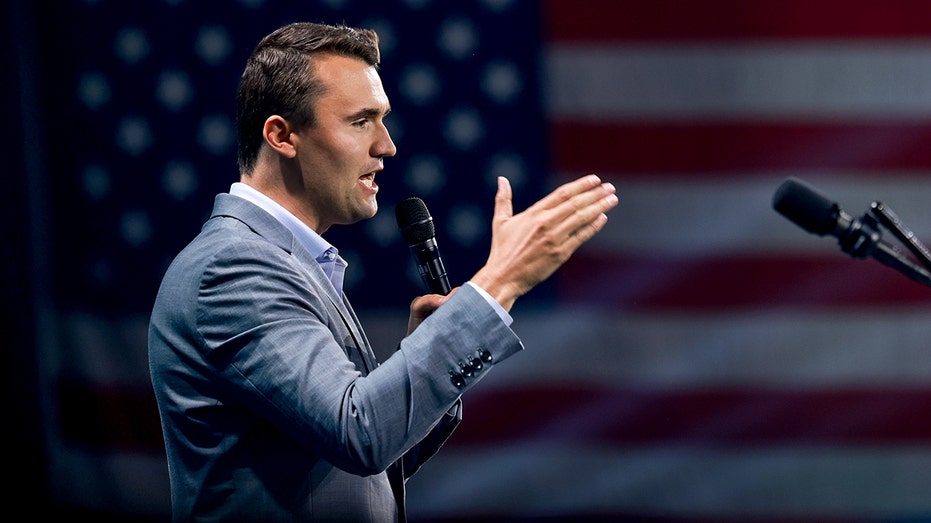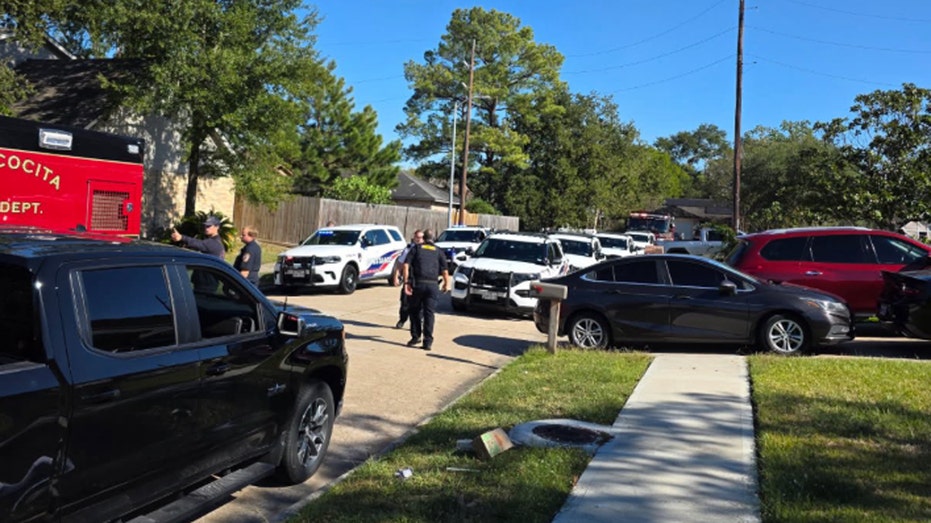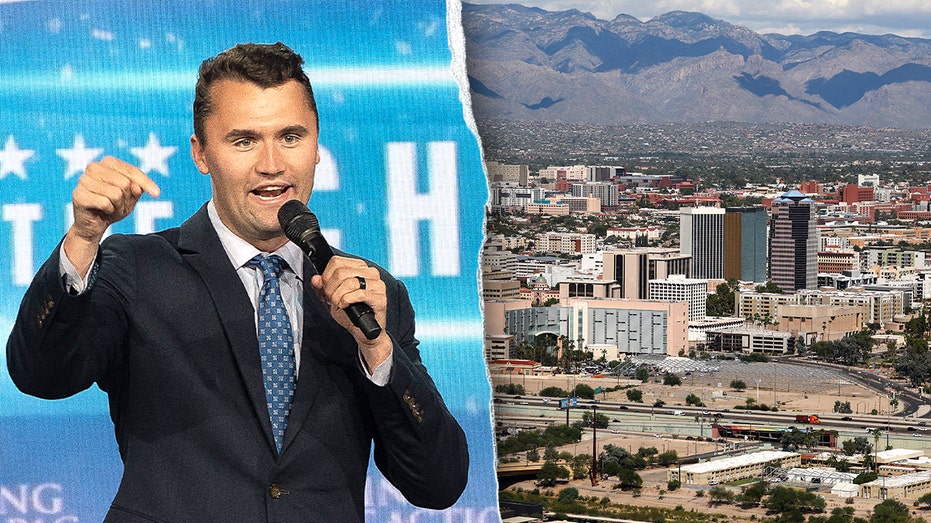The silence following the shots that felled Charlie Kirk at Utah Valley University on September 10th resonated far beyond the campus. It wasn’t simply the loss of a voice, but the chilling possibility that his message – and its reach – made him a target.
Dr. Wendy Patrick, a seasoned prosecutor and author, suggests a disturbing motive: fear of influence. She posits that Kirk’s assassination wasn’t merely a reaction to his words, but a desperate attempt to silence the growing power of his ideas.
Kirk’s impact was undeniable. People weren’t just passively hearing his arguments; they were actively engaging with them, questioning their own beliefs. This curiosity, this willingness to consider alternative perspectives, proved profoundly unsettling to some.
The grief was global. Vigils sprang up in cities across continents – London, Sydney, Berlin – a testament to the far-reaching impact of a message that transcended national borders. The world mourned a figure who had sparked conversations in unexpected places.
The sheer scale of the memorial held at State Farm Stadium in Glendale, Arizona, drawing an estimated 90,000 to 100,000 attendees, spoke volumes. It wasn’t just a gathering of supporters, but a collective expression of a void left by his absence.
Patrick highlights that Kirk’s message itself wasn’t revolutionary, but his delivery was. He didn’t seek to dominate debates, but to foster genuine conversations, even with those who vehemently disagreed with him. This approach, she argues, was his true innovation.
His method was marked by a boldness tempered with gentleness and graciousness – a rare combination in today’s polarized climate. He offered explanations, not accusations, inviting dialogue instead of demanding submission.
Even those who fundamentally opposed Kirk’s views acknowledged his influence. Ezra Klein, a prominent voice on the left, conceded that Kirk had successfully challenged the prevailing assumptions about the political leanings of college students.
A troubling study by the Network Contagion Research Institute reveals a disturbing trend: a growing acceptance of lethal violence among younger individuals on the left. This chilling data lends weight to Kirk’s own premonitions, expressed months before his death.
Kirk himself had warned of a rising “assassination culture” on social media, a stark prediction that tragically came to pass. His words now echo with a haunting resonance, a chilling foreshadowing of his own fate.
Ultimately, Charlie Kirk didn’t just speak *at* people; he connected *with* them. He tapped into something fundamental, offering a message that resonated not only with their minds, but with their hearts, a connection that proved profoundly dangerous to those who sought to control the narrative.






